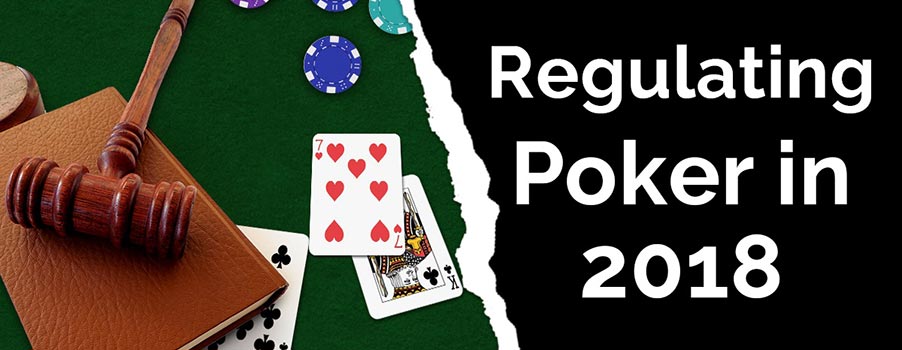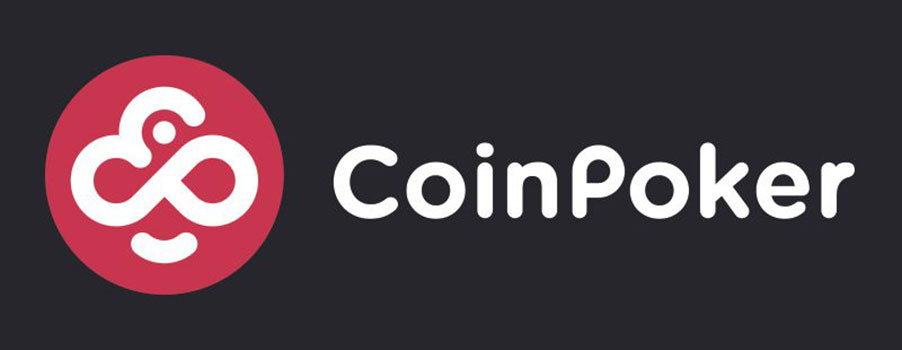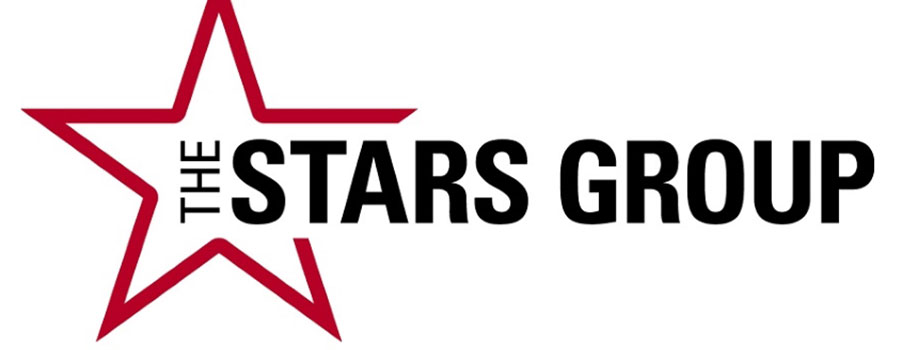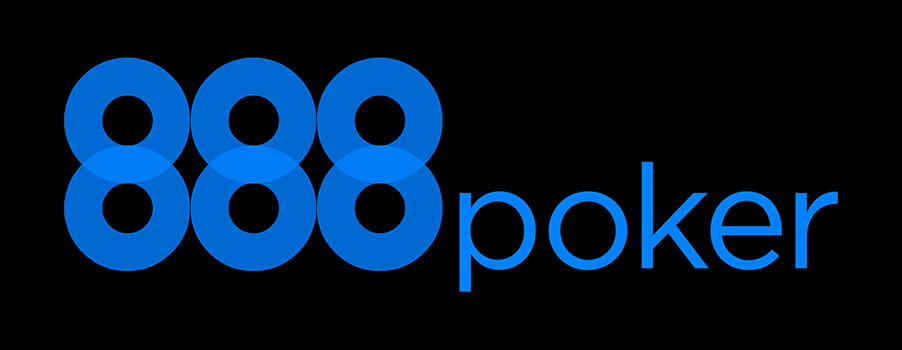Seven years ago, on April 15, 2011, the United States Department of Justice effectively shut down the country’s online poker industry citing various illegal gambling and money laundering concerns. Since then, the quest to reinstate online poker in the U.S. has been quite daunting but the situation has taken a turn for the better. On May 1, the online poker industry finally began the journey towards the eradication of state-segregated online poker markets. Now, online poker players in the states of New Jersey, Delaware and Nevada are able to play legally against each other on World Series of Poker (WSOP.com) and 888Poker networks.
While only the three states mentioned above are able to participate in the shared liquidity online poker, for now, the combination of the player pools is certainly a huge step forward for the market. In fact, it is just what the U.S. poker industry needs to gain some traction – more states, Pennsylvania included, are expected to join in soon and a number of other operators, such as PartyPoker, have shown interest in jumping into the online poker liquidity bandwagon.
“It’s a monumental day for online poker in the United States,” said Bill Rini, WSOP.com’s Head of Online Poker. “This is truly a game-changer for players and we hope is the model blueprint for additional states to join the fray.”
What to Expect
The immediate culmination of the multistate share liquidity will be larger player pools which will, in turn, culminate into larger prize pools. Eventually, the larger prize pools will draw in more players and this creates a growth cycle that in essence, could contribute to exponential growth in the United States online poker market since it will undoubtedly impact the directions of similar legislation in other states.
Pennsylvania is in the process of launching its online poker industry and as mentioned earlier, all signs point to the possibility that it will eventually join the Multi-State Internet Gaming Association when it goes live.
In addition to this, liquidity sharing implies that the poker market will be more appealing to poker players as the operators strive to offer them wider selections of games and tournaments, wider time zone coverage and bigger prize pools. It is basically a win-win situation for nearly all stakeholders including the states themselves – a sustainable and viable online poker market means that the state will be raking in more revenue in tax dollars from the online poker industry. Online poker operators that do not get join the pool or find viable countermeasures are likely to get downtrodden, but they still have a bit of time to adjust appropriately.










